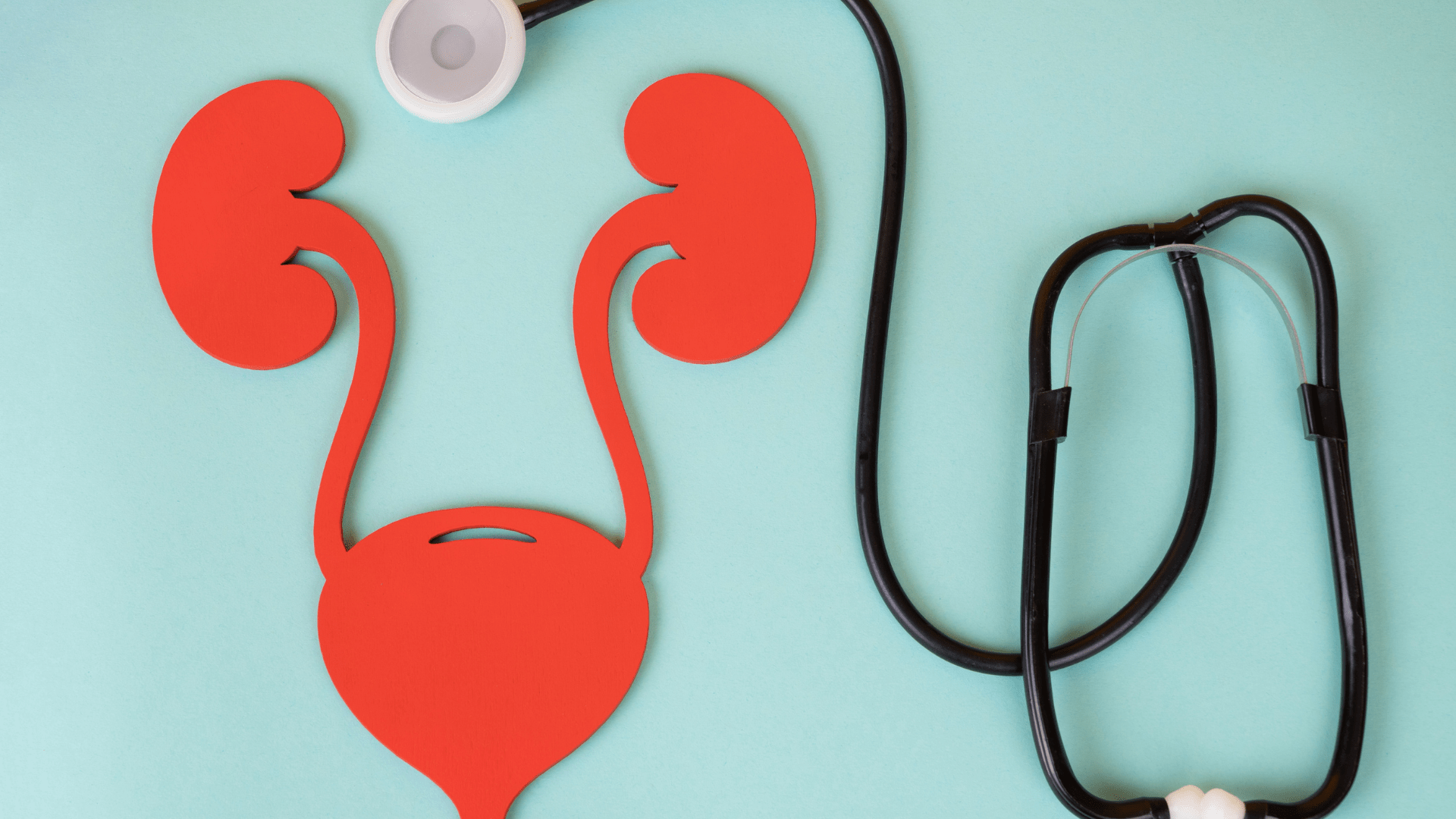Welcome to a special emergency vagina intervention brought to you by your Fertitude besties because at this point, your vagina deserves a lawyer with the way some of you are treating her.
From steaming to stuffing things like garlic inside like she’s food, your vagina is exhausted and screaming for help.
What if we told you those “helpful” tips on social media are causing more harm than good? What if we told you those “DIY hygiene tricks” might just be the exact reason you’re battling vaginal infections every month?
This article is your medically accurate guide to the unhealthy vagina practices you need to stop. It’s a loving but firm drag because your vaginal health deserves to be at its very best.
The Basics of Good Vaginal Health
Your vagina is a self-cleaning queen. She has a squad of good bacteria (aka the vagina microbiome) that act as the soldiers that keep the bad bacteria away. It does this by keeping your vagina acidic (pH of 3.8 to 4.5), regulating discharge, and protecting against infections.
Unfortunately, when you start doing things like scrubbing, steaming, or stuffing things in, you unknowingly do things that harm this microbiome. So, let’s discuss some of these unhealthy vaginal mistakes you’re making.

Mistake 1: Inserting Random Things In Your Vagina
From inserting alum to “tighten”, to garlic to “kill infections”, to apple cider vinegar because it’s acidic, or even yoghurt because someone said putting probiotics directly into your vagina is great, you name it. Some of us put things meant for soups and salads into their vagina. These aren’t health hacks. They are health hazards.
Then there are the herbal balls, creams, or tightening creams, which honestly aren’t needed and cause harm.
The truth is, inserting random things can irritate your vaginal lining, mess up your pH, and invite infections. Not to mention the risk of burns, microtears in your vagina, or even toxic shock syndrome, which is a medical emergency that affects your entire system.
Fertitude advice: If it’s not prescribed by your doctor, don’t insert it into your vagina. Put the garlic in your stews, not your vagina.
Mistake 2: Douching
This is when you try to wash the inside of your vagina by flushing it out with liquids, soaps, or a strange mix of different things like antiseptics, vinegar, etc, someone on the internet swears by. It might sound hygienic, but it’s actually the opposite.
In reality, you’re flushing out the good protective bacteria and giving a chance for the bad ones to throw a wild party. The result? An increased risk of vaginal infections like bacterial vaginosis, yeast infections, and sexually transmitted infections.
Fertitude advice: You can’t and shouldn’t out clean a self-cleaning organ. Your vagina doesn’t need a deep cleanse. Just wash your vulva (the outside) with water and mild soap, and you’re good to go!
Mistake 3: Vaginal Steaming
Ladies, you don’t need to sit over a pot or bowl of steam mixed with herbs. Your vagina isn’t rice and doesn’t need the heat.
We know it might sound like a “natural detox” or a way to get clean and kill every organism down there, but guess what? Steaming your vagina doesn’t clean anything. It disturbs your vagina pH, kills off the good bacteria, and can even cause burns.
It’s like you’re opening the gates to vaginal infections, even though we know that’s not what you meant to do.
Fertitude advice: If your vagina needed to be steamed, she would come with a built-in humidifier. Don’t do it and leave the steaming for your pores.
Mistake 4: Using Scented Products
We’re going to hold your hand virtually while we say this: Your vagina doesn’t need to smell like roses. Using feminine vaginal sprays, or even scented wipes, soaps, and pads, can cause dryness, skin irritation, and again, disrupt the vaginal pH that your microbiome is working overtime to create.
Fertitude advice: Ditch the scented products and wash your vulva with water and a mild or unscented soap. If you have an actual foul or fishy smell, it’s not a perfume issue, but a “go see a doctor” issue so that you can get the right treatment you need.
Mistake 5: Wearing tight or wet underwear all day
Yes, lace is sexy, and you want to feel hot. We get it. What you might not know is that wearing tight or non-breathable underwear like lace or nylon for long hours or even not changing out of your underwear after going swimming can trap moisture and heat. When you add daily panty liners to the mix, you’ve created a perfect breeding ground for yeast and bacteria to feed, grow, and multiply.
Fertitude advice: Try loose cotton underwear and change out of wet undies as quickly as possible. Your vagina will thank you with fewer infections.
Mistake 6: Overusing antibiotics
You feel hot? Antibiotics. You feel cold? Antibiotics. Your tummy makes a weird sound? Antibiotics. We know there’s this tendency to use antibiotics for every little fever, cold, or diarrhea, but it’s wrong.
The problem is that antibiotics, especially when overused, don’t just kill the bad bacteria. It kills the good ones, too, including the ones in your vaginal microbiome that are meant to protect you. This is why so many women get yeast infections right after using antibiotics.
Fertitude advice: Only use antibiotics when prescribed by a licensed medical professional. If you tend to have vaginal infections after using antibiotics, let your doctor know, so they can help you plan better.
Mistake 7: Unprotected Sex (Especially With Multiple Partners)
Raw sex might feel great at the moment, and we’re not here to police your pleasure. But let’s be honest with you. Unprotected sex, especially with multiple sexual partners whose STI status you don’t know, can really throw your pH off balance and increase your risk of STIs, yeast infections, and bacterial vaginosis.
You might think, “Surely if my partner has symptoms, I’ll notice”. Think again. There are some sneaky STIs, like trichomoniasis, chlamydia, or gonorrhea, that can stay hidden without symptoms and silently throw your vaginal health into chaos.
Fertitude advice: If you want to play, then play smart. Protection is sexy, too. Don’t be scared to use condoms and make sure you and your partner are regularly screened for STIs.
Healthy Vaginal Practices
Here’s your soft girl checklist of healthy vaginal practices:
- Wash your vulva with water and a mild unscented soap. No soap is needed in your vagina.
- Wear breathable cotton underwear.
- Change out of damp underwear or swimsuits quickly.
- It’s okay to go commando and sleep without panties sometimes. Let your vulva and vagina breathe.
- Wipe front to back. Wiping from back to front can introduce organisms from your anus into your vagina.
- Eat a healthy, balanced diet. Yes, it matters, and it’s also great for your hormonal health.
- Get regular STI checks.
- Don’t use antibiotics or insert anything into your vagina unless prescribed by a licensed health professional.
- Listen to your body. If something feels off, it probably is, and you should see a doctor.
Final Thoughts
Your vagina isn’t dirty. She’s smart, self-regulating, and just trying her best to keep you healthy and thriving.
Repay the favour by ditching unhealthy vaginal practices and treating her right.
Don’t be shy to share this article with your friends, besties, and yes, even that person who is trying to sell you some weird herb that would flush your vagina. Let’s educate and spread knowledge with love, not infections!





